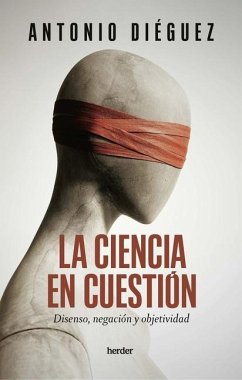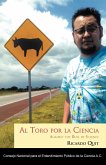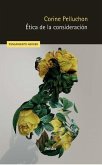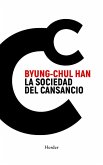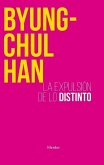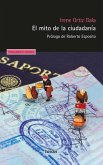In recent years, due to the great influence of social networks and driven by the COVID-19 crisis, denialist movements, pseudosciences and various anti-scientific attitudes have gained unusual visibility. To counteract the criticism that comes from these sectors, Antonio Diéguez proposes a defense of science that is far from the usual topics, which have been consolidated in an image that is not in line with the way in which research is practiced today and that usually comes from ideas philosophical ideas that, although they have been useful in the past, should be reviewed. Starting from the idea that there is no scientific method as such, Diéguez traces a route that values both the object and the scope of science and insists on the importance of methodological naturalism, on the role of the search for truth, in the inevitable uncertainty of many contexts and in the difficulty of any characterization that wants to account for the fundamental aspects of current scientific research.
Hinweis: Dieser Artikel kann nur an eine deutsche Lieferadresse ausgeliefert werden.
Hinweis: Dieser Artikel kann nur an eine deutsche Lieferadresse ausgeliefert werden.

